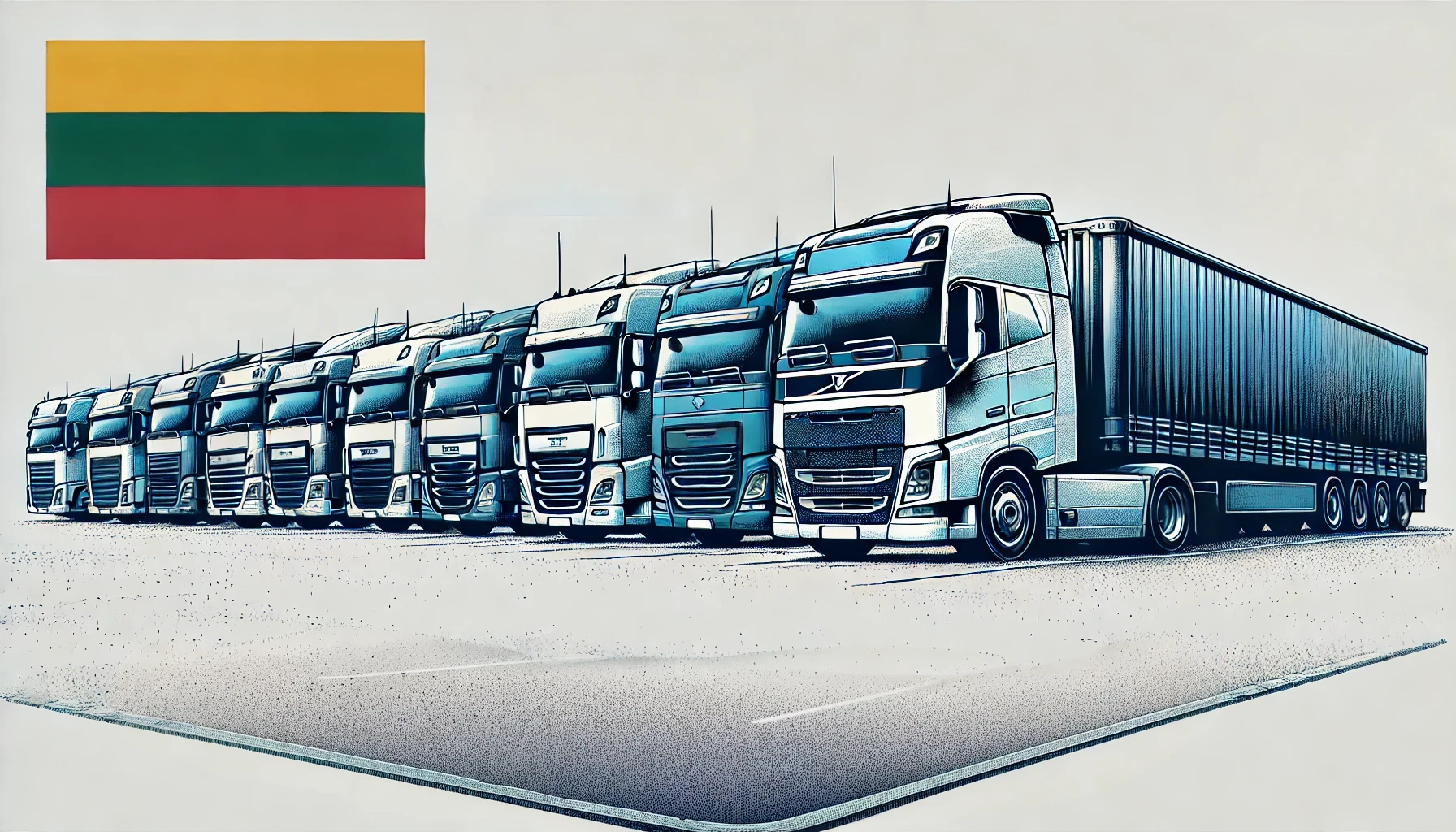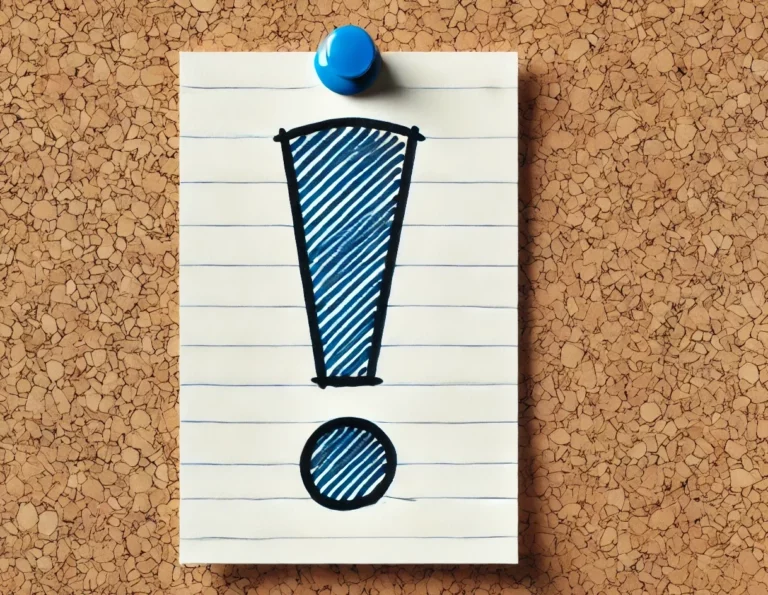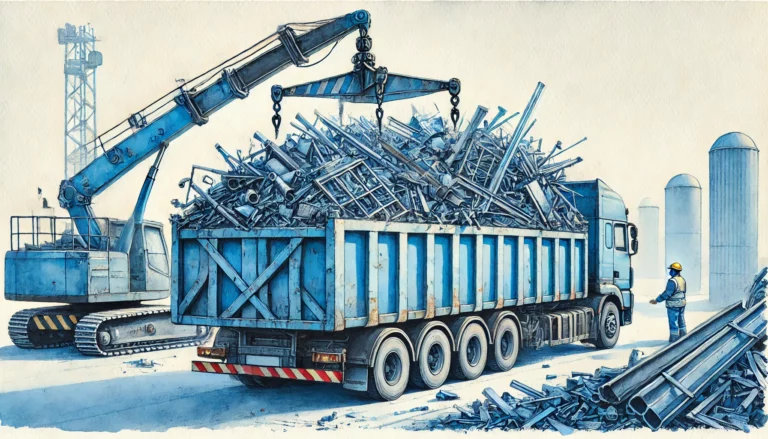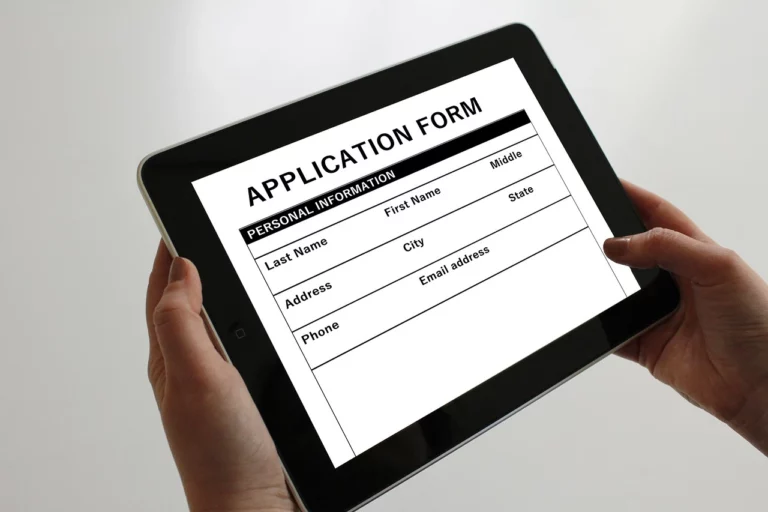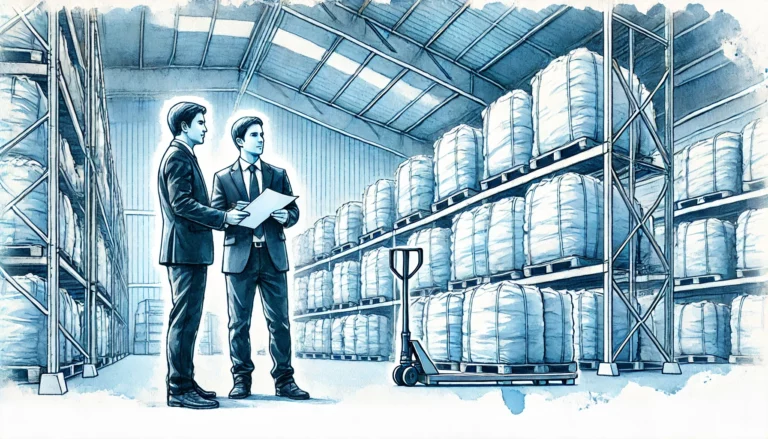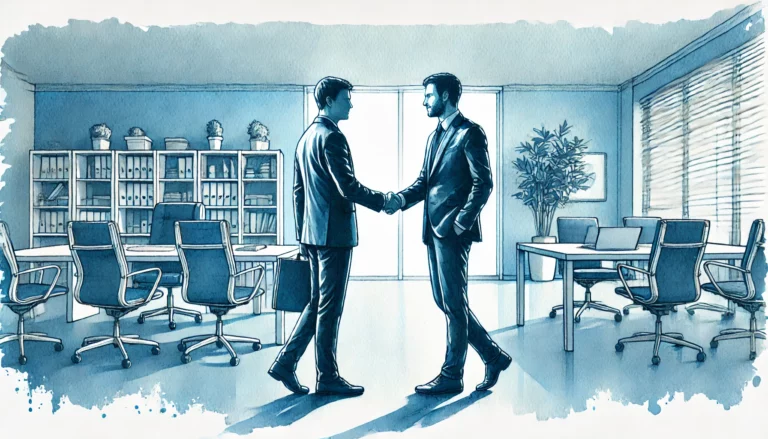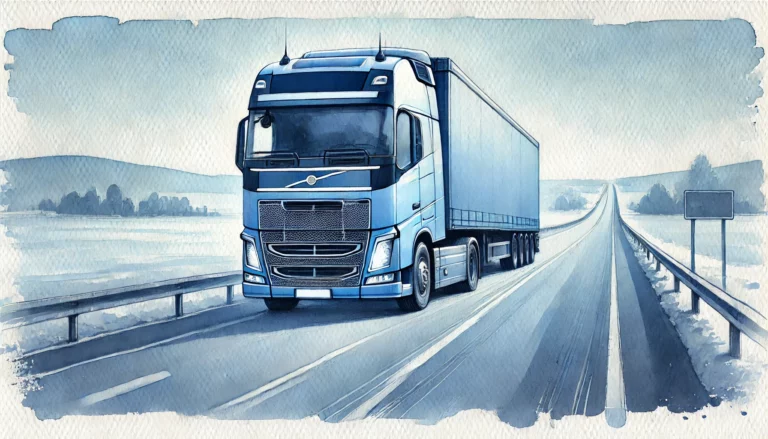Import-ant information – why Lithuania needs plastic and aluminium waste?
For Lithuania, waste—particularly plastic and aluminium—plays a surprisingly vital role in its economy and sustainability goals. Far from being a burden, imported waste is a resource that fuels recycling industries, supports the circular economy, and helps the country meet ambitious environmental targets. In this article, we’ll explore why Lithuania imports waste from other countries, how it transforms this material into valuable products, and why this process is essential for both the nation’s economy and its ecological commitments.
Do you want to obtain waste transport permit? Contact us:
office@wastetransportsolutions.eu
Waste import to Lithuania – short introduction
Historical overview of waste imports to Lithuania
Lithuania has increasingly become a central hub for recycling imported waste in Europe. Since its accession to the European Union in 2004, the nation has adopted stringent waste management and environmental policies, aligning its practices with EU directives. This alignment has fostered robust trade agreements, allowing Lithuania to import waste materials, particularly plastic and aluminium scrap, which are processed for reuse in domestic industries.
Lithuania’s role in global recycling efforts
Lithuania plays a vital role in Europe’s circular economy by importing waste for recycling and reprocessing. According to Eurostat, the country recycles approximately 49% of all municipal waste, surpassing the EU average of 48%. This high recycling rate is achieved by utilizing imported waste, which supplements domestic collection efforts and ensures a steady supply of raw materials for manufacturing.
Types of waste imported to Lithuania
The most significant waste streams imported into Lithuania include:
- Plastic waste: This accounts for the largest proportion of imported waste. In 2023, Lithuania imported plastic waste of over 5 mln USD market value, according to the World Integrated Trade Solution database.
- Aluminium scrap: Lithuania imported almost 3,7 mln USD worth of aluminium scrap in 2023, contributing significantly to the nation’s metal recycling efforts.
- Other waste types: Paper, e-waste, and steel scraps are also imported, albeit in smaller quantities.
Major suppliers of waste to Lithuania
Countries exporting plastic waste to Lithuania
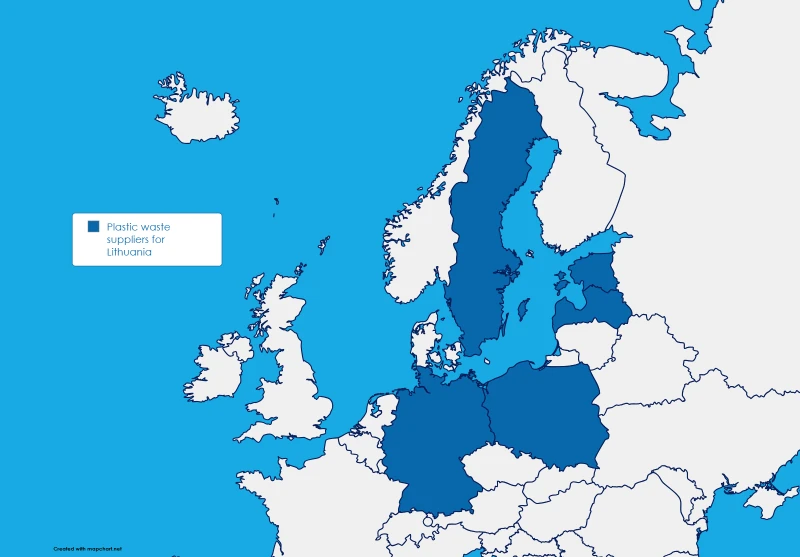
Illustration: plastic waste suppliers for Lithuania in 2023
Lithuania sources a majority of its plastic waste from fellow EU countries, for example:
- Germany
- Poland
- Latvia
- Estonia
- Sweden
Aluminium scrap suppliers and trade data
Similarly, aluminium scrap is being provided by some of the above mentioned EU Member States (Latvia, Estonia, Germany, Poland), as well as:
- Czech Republic
- Slovak Republic
Why plastic waste is in high demand in Lithuania?
Industrial uses of recycled plastic materials
Lithuania’s manufacturing sectors heavily rely on recycled plastics for various applications, including:
- Packaging production: Recycled plastic is essential for creating sustainable packaging materials, reducing the reliance on virgin plastics.
- Construction industry: Recycled plastic is used to manufacture pipes, insulation materials, and other building components.
Environmental benefits of plastic waste importation
By importing and recycling plastic waste, Lithuania significantly reduces its carbon footprint. The process avoids the environmental harm associated with plastic incineration or landfill use. Additionally, Lithuania’s recycling of plastic waste contributes to the EU’s target of recycling 55% of all plastic packaging by 2030.
Why aluminium scrap is in high demand in Lithuania
Applications in manufacturing and construction industries
Recycled aluminium is crucial for Lithuania’s:
- Automotive sector: Lightweight aluminium is used for producing car parts, improving fuel efficiency.
- Construction industry: Aluminium is utilized in roofing, siding, and other durable building materials.
Economic and energy efficiency of aluminium recycling
Recycling aluminium is far more energy-efficient than producing it from raw bauxite. Studies from the International Aluminium Institute indicate that recycling saves 95% of the energy compared to primary production. This energy efficiency directly benefits Lithuania’s economy, making it a competitive destination for aluminium recycling.
Processing and management of imported waste
Lithuania boasts advanced recycling facilities, such as the Kaunas Waste Treatment Plant, which handles a significant portion of imported waste. The plant processes 255,000 tonnes of waste annually, turning materials into usable products like pellets, plastics, and metals. Since its commissioning in November 2020, the facility has converted nearly 700,000 tons of waste into energy.
Modern waste management facilities in Lithuania utilize:
- AI-based sorting: Ensures higher purity rates for recyclable materials.
- High-efficiency shredders: Maximize material recovery while minimizing waste.
Waste import to Lithuania – challenges
Relying heavily on imported waste poses risks, including market volatility and supply chain disruptions. Diversifying waste sources and boosting domestic recycling are essential to mitigate these risks.
Imported waste often contains contaminants that complicate recycling processes. Lithuania enforces strict quality checks to ensure compliance with EU waste standards.
Successful waste import to Lithuania? Only with skilled carrier
As Lithuania imports significant quantities of waste materials like plastic and aluminium scrap, the role of skilled waste carriers becomes critical. These carriers ensure that materials are transported safely and efficiently from supplier countries to Lithuania’s recycling facilities. While said country does not require foreign waste carriers to obtain local waste transport permits, the expertise of these carriers ensures compliance with international standards during transit. This includes proper handling of materials, adherence to safety protocols, and prevention of contamination or illegal dumping.
However, waste transport permits are mandatory in many EU countries, such as Germany or Poland, requiring carriers to demonstrate their competence and compliance with environmental regulations. This difference highlights Lithuania’s reliance on the professionalism of foreign carriers to meet its waste import needs without compromising safety or quality. Skilled carriers must navigate the regulatory frameworks of both exporting and transit countries, ensuring that waste materials reach Lithuanian facilities legally and responsibly. This seamless coordination supports Lithuania’s circular economy by enabling the efficient and lawful import of recyclable waste. Do you want to deliver waste to Lithuania in a safe and lawful way? Contact us today and let us help you.
Conclusion
Lithuania’s waste importation practices showcase its commitment to environmental sustainability and industrial efficiency. By importing and recycling materials like plastic and aluminium, the nation contributes to global efforts in waste reduction while bolstering its economy. With advancements in technology and strategic policies, Lithuania is set to further enhance its role in the circular economy.

